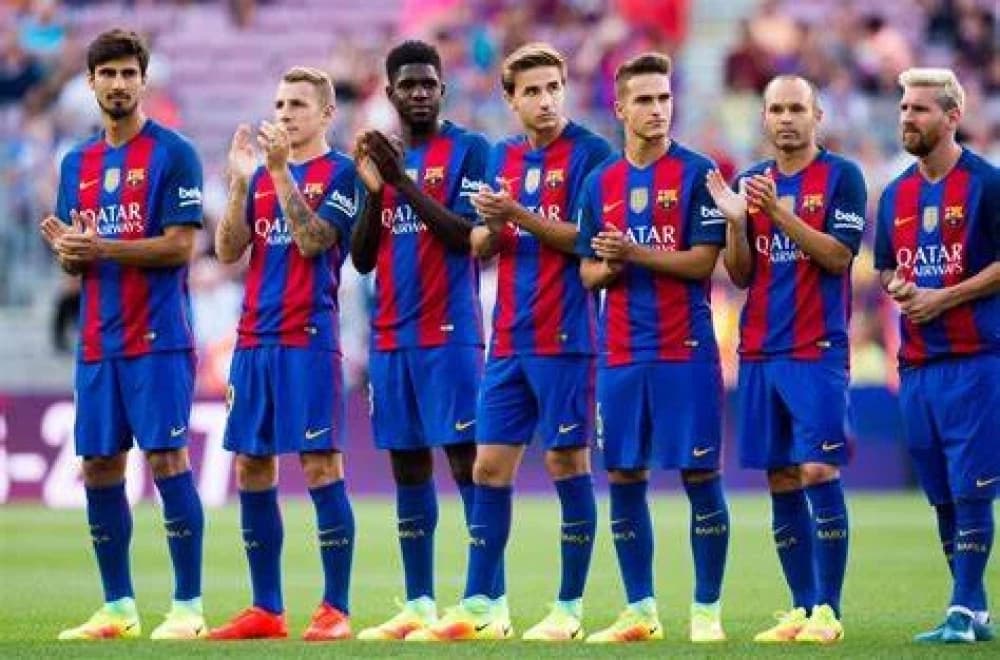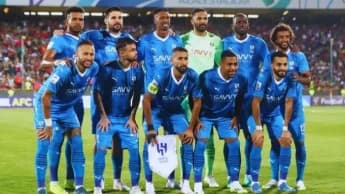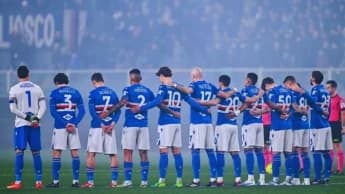FC Barcelona: Legacy of Excellence and Resilience

FC Barcelona, founded in 1899, has become a global icon, embodying Catalan spirit through its commitment to excellence, innovation, and cultural significance in football history.
FC Barcelona was established in 1899 by Joan Gamper along with a group of sports enthusiasts. It started as a modest football club in Catalonia, Spain, but gradually transformed into one of the most renowned and successful football institutions in the world. Fondly referred to as Barça, the club captures the spirit of Catalan resilience and pride, epitomized by its motto 'Més que un club' ('More than a club'). In its formative years, Barcelona participated mainly in regional competitions, but it swiftly rose to prominence. The club became a representation of Catalan identity, particularly during turbulent political times in Spain. As the team flourished on the pitch, its stadium emerged as a refuge for fans, allowing them to express their cultural and political aspirations.
The narrative of Barça is deeply intertwined with its significance in Catalan culture. More than just a football club, it embodies ideals of freedom, democracy, and unity, drawing in a worldwide fanbase that resonates with these principles. The club's distinctive blue and red colors reflect a combination of passion and loyalty, themes that are intricately woven into the very essence of its identity.
Currently, FC Barcelona is a symbol of footballing greatness, cultural importance, and innovation, firmly grounded in its community while having a global presence.
Team Accomplishments
The impressive collection of trophies at Barcelona is a clear indication of its lasting supremacy in global football. The club has secured 27 La Liga championships, 31 Copa del Rey titles, and five UEFA Champions League trophies, including the remarkable sextuple in 2009—marking it as the first club to accomplish this achievement. Additionally, the club has performed exceptionally well in international tournaments, clinching three FIFA Club World Cups and four UEFA Super Cups. In the early part of the 20th century, Barcelona excelled in competitions like the Pyrenees Cup, laying the groundwork for its worldwide acclaim.
The success of Barcelona extends far beyond mere trophies. The club’s prestigious La Masia academy has nurtured exceptional talents like Lionel Messi, Xavi, and Iniesta, highlighting its significant impact on footballing philosophy. These iconic players have not only set numerous records but have also transformed the game with their extraordinary skills and creativity. Their accomplishments go well beyond collecting silverware; Barcelona has reshaped modern football with its distinctive style of play, positioning the club as not just victors, but as pioneers within the sport.
Strengths and Weaknesses:
The commitment of FC Barcelona to youth development is unparalleled, with La Masia nurturing some of football's most legendary players. Their emphasis on possession-oriented play and technical proficiency is a fundamental aspect of their enduring success. Furthermore, their vast global fanbase and inventive marketing approaches contribute to their financial strength.
However, recent times have highlighted certain weaknesses. Financial challenges stemming from poor management and costly transfers have put pressure on their resources. Moreover, the team has faced difficulties in maintaining defensive stability and meeting the physical demands of contemporary football.
Sometimes, their dependence on individual talent can leave them vulnerable to well-organized teams. Additionally, the frequent changes in management have disrupted their consistency, making it challenging to implement long-term strategies.
Initiatives are currently being implemented to tackle these shortcomings, yet the obstacles underscore the necessity for a harmonious strategy to maintain their achievements.
Tactics and Style of Play
The tactical style of Barcelona is closely associated with the principles established by Johan Cruyff and further developed by Pep Guardiola. Their tiki-taka method, noted for its short passing, spatial awareness, and aggressive pressing, has shaped a period of unparalleled success.
The strategy emphasizes mastering ball control, as players keep their cool even in challenging situations. The midfield, typically commanded by skilled players like Xavi and Iniesta, sets the rhythm of the game, while the forwards take advantage of openings with sharp accuracy.
Under the current leadership, Barça seeks to merge their traditional playing style with modern tactical adaptability. Their approach includes high pressing and quick transitions that enhance their possession-based game, allowing them to adjust to the changing dynamics of football. Although their style has seen changes, the focus on creativity and technical skill remains a core aspect, ensuring that their identity is maintained in every match.
Memorable Matches
2009 UEFA Champions League Final: Barcelona achieved a 2-0 triumph against Manchester United in Rome, showcasing a masterclass in tiki-taka and securing their historic sextuple.
2010 El Clásico: The memorable 5-0 victory against Real Madrid at Camp Nou served as a powerful assertion of their dominance during Guardiola’s era.
1992 European Cup Final: Ronald Koeman's memorable free-kick secured Barcelona's first European Cup, heralding the beginning of their dominance on the continental stage.
2017 PSG Comeback: After losing the first leg 4-0, Barcelona achieved an incredible 6-1 win at Camp Nou, demonstrating their tenacity and striking ability.
Looking Ahead
The future of Barcelona relies on striking a balance between its rich tradition and the challenges of contemporary football. The club is making significant investments in its facilities, including the renovation of Camp Nou, to improve fan engagement and increase revenue streams. The rise of young talents such as Pedri, Gavi, and Alejandro Balde heralds an exciting new chapter for the team. With these emerging players and key strategic acquisitions, the goal is to reclaim Barcelona’s status as a dominant force in European football.
Financial recovery is a key focus, with efforts aimed at managing debt and enhancing spending efficiency. Moreover, the club is dedicated to sustainability and digital innovation, positioning itself favorably in a competitive environment. Looking ahead, FC Barcelona remains committed to its core values, with the aim of inspiring future generations and maintaining its legacy as 'Més que un club.'






